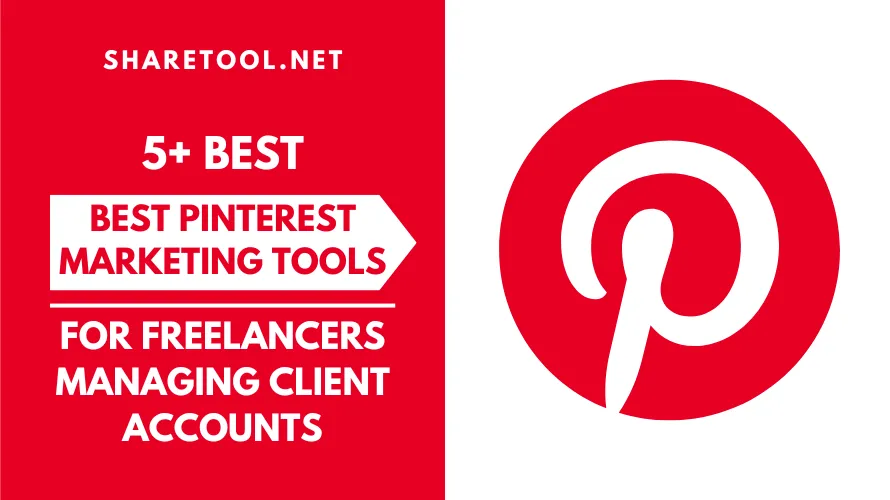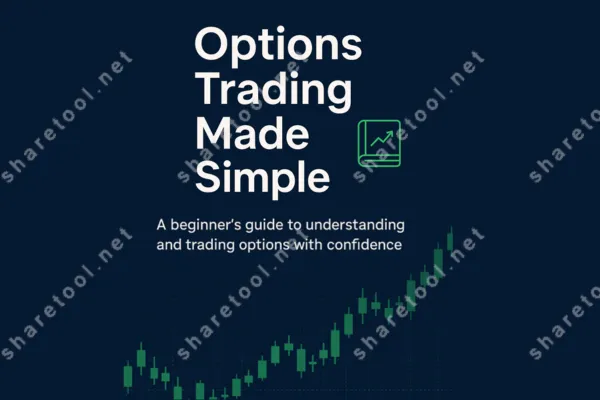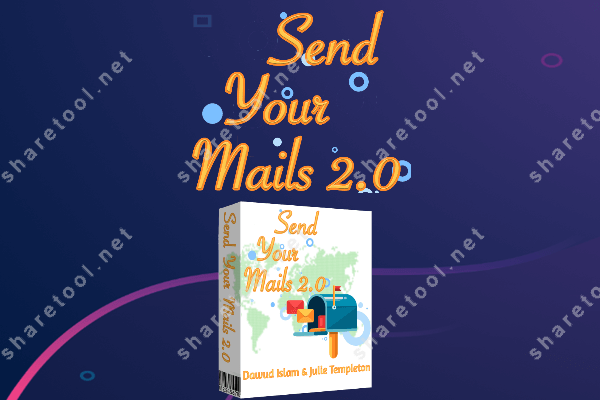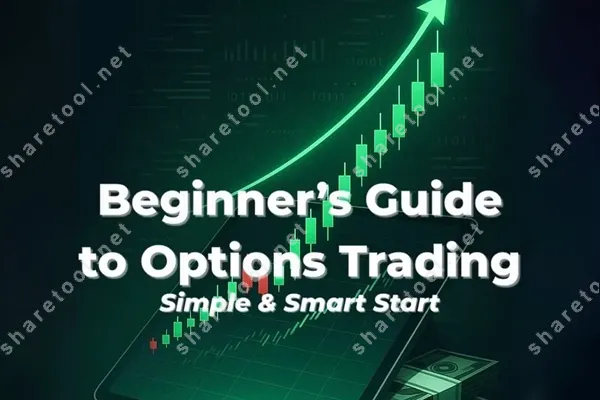5+ Best Pinterest Marketing Tools For Freelancers Managing Client Accounts
Managing multiple Pinterest accounts as a freelancer can feel like a full-time job in itself. Between scheduling pins, tracking analytics, and proving ROI to clients, it’s easy to get overwhelmed if you’re handling everything manually. That’s why finding the best Pinterest marketing tools for freelancers isn’t just helpful – it’s essential.
With the right Pinterest tools, you can streamline scheduling, discover high-performing keywords, track engagement, and even generate reports that impress clients. Instead of spending hours juggling tasks, these platforms let you focus on what matters most: delivering results and growing your clients’ presence on Pinterest.
In this guide, we’ll explore the top Pinterest marketing tools for freelancers in 2025 – tools designed to save time, simplify account management, and help you confidently scale your freelance business.
Why Pinterest Marketing Tools Are Non-Negotiable for Modern Businesses
Think about this for a second: would you try to dig a foundation for a house with a garden trowel? Of course not. Yet that’s exactly what you’re doing when you attempt to compete on Pinterest without proper tools. The platform’s search algorithm evaluates hundreds of signals – pin quality, engagement velocity, keyword density, historical performance, and account authority – factors that manual efforts simply cannot optimize consistently.

The best pinterest marketing tools don’t just save you time (though they absolutely do that). They provide competitive intelligence you’d never discover manually, automate repetitive tasks without triggering spam filters, and give you analytics that actually inform better decisions rather than just pretty graphs. When you’re armed with data showing which pin designs drive 3x more clicks or which posting times generate maximum engagement, you stop guessing and start scaling.
The 5+ Best Pinterest Marketing Tools Transforming Marketing Iin 2025
PinFlux – The All-in-One Pinterest Powerhouse
If you’re serious about Pinterest marketing for business, PinFlux deserves the top spot on your radar. This isn’t just another scheduling tool trying to do everything and excelling at nothing – it’s purpose-built for Pinterest dominance from the ground up.

What Makes PinFlux Stand Out:
PinFlux combines intelligent automation with deep Pinterest-specific features that generic social media schedulers completely miss. The platform offers advanced pin scheduling with optimal timing algorithms, bulk upload capabilities for scaling quickly, and comprehensive analytics that track not just vanity metrics but actual conversion data. What separates PinFlux from competitors is its Pinterest-native approach – every feature is designed specifically for how Pinterest’s algorithm actually works in 2025.
The board management system lets you organize content strategically across multiple boards without the chaos of manual tracking. You can set up tailored pinning schedules for different content types, ensuring your food pins hit when users are planning meals and your fashion content appears during peak shopping research hours. The automation feels natural rather than robotic because it’s built on understanding user behavior patterns.
Pros:
- Purpose-built for Pinterest (not a generic social tool with Pinterest bolted on)
- Intelligent scheduling that adapts to your audience’s activity patterns
- Bulk operations that don’t sacrifice quality for quantity
- Analytics that connect Pinterest activity to actual business outcomes
- Reasonable pricing that scales with your business growth
Cons:
- Focused exclusively on Pinterest (you’ll need separate tools for other platforms)
- Slightly steeper learning curve due to feature depth
Best For: E-commerce brands, content creators, and agencies managing multiple Pinterest accounts who want a specialized solution rather than a jack-of-all-trades.
Canva – Visual Creation Meets Scheduling
Here’s something most marketers miss: you can’t schedule mediocre designs and expect Pinterest success. Canva recognized this truth and built both creation and distribution into one ecosystem. The platform provides thousands of Pinterest-optimized templates, a drag-and-drop editor that doesn’t require design skills, and direct publishing to Pinterest without leaving the tool.

What makes Canva particularly valuable for pinterest marketing strategies is how it democratizes professional design. You don’t need a graphic designer on retainer when you can create scroll-stopping pins in minutes using templates proven to drive engagement. The Brand Kit feature ensures visual consistency across all pins – critical for building recognition and authority.
Pros:
- All-in-one creation and publishing workflow
- Massive template library specifically sized for Pinterest
- Intuitive interface with minimal learning curve
- Robust free tier for budget-conscious marketers
Cons:
- Scheduling features less sophisticated than dedicated tools
- Analytics are basic compared to Pinterest-specific platforms
- Can become expensive if you need premium elements frequently
Best For: Solopreneurs and small teams who need design and basic scheduling in one place.
Tailwind – The Veteran’s Choice
Tailwind has been in the Pinterest game longer than most tools have existed, and that experience shows. As one of Pinterest’s official marketing partners, Tailwind offers features like SmartSchedule that automatically finds optimal posting times, Tailwind Communities for content amplification, and robust analytics dashboards.

The platform’s Ghostwriter feature uses AI to help craft compelling pin descriptions—though you’ll want to edit these for authenticity rather than using them verbatim. Where Tailwind truly shines is its Smart.bio tool, creating an optimized landing page that converts Pinterest traffic into measurable outcomes.
Pros:
- Official Pinterest partnership ensures compliance
- Mature feature set refined over years
- Strong community aspect for content discovery
- Excellent educational resources
Cons:
- Interface feels dated compared to newer competitors
- Pricing can escalate quickly for heavy users
- Some features feel bolted-on rather than integrated
Best For: Established businesses wanting a proven solution with extensive support resources.
Later – Multi-Platform Scheduling with Strong Pinterest Features
Later started as an Instagram scheduler but has evolved into a solid multi-platform solution with surprisingly strong Pinterest capabilities. The visual content calendar makes planning intuitive, the media library keeps assets organized, and the Linkin.bio feature creates shoppable landing pages from pins.

What I appreciate about Later is how it balances breadth and depth. You’re not getting the hyper-specialized features of a Pinterest-only tool, but you’re getting competent Pinterest management alongside Instagram, Facebook, and TikTok – ideal if you’re running an integrated social strategy.
Pros:
- Clean, intuitive visual planning interface
- Strong multi-platform support for unified strategies
- Shoppable landing page functionality
- User-friendly for beginners
Cons:
- Pinterest features less advanced than specialist tools
- Free tier is quite limited
- Advanced analytics require higher-tier plans
Best For: Multi-platform marketers who want good Pinterest functionality without juggling multiple tools.
Pinterest Analytics (Native) – The Foundation Everyone Overlooks
Before you invest a dollar in third-party tools, master Pinterest’s built-in analytics. This is like having a direct conversation with the platform about what’s working. Pinterest Analytics shows your top-performing pins, audience demographics, trending search terms in your niche, and how users discover your content.

The Audience Insights section reveals what your followers are actually interested in beyond your content goldmine information for developing pinterest marketing ideas that resonate. The Trends tool shows what’s gaining momentum before it explodes, giving you a first-mover advantage.
Pros:
- Completely free for business accounts
- Most accurate data (straight from the source)
- Insights no third-party tool can replicate
- Constantly updated with new features
Cons:
- Cannot schedule pins (obviously)
- Lacks comparative analysis across time periods
- Interface can be overwhelming initially
Best For: Every Pinterest marketer, period. This is your foundation.
Comparison Table: Pinterest Marketing Tools at a Glance
| Tool Name | Key Features | Starting Price | Best For |
|---|---|---|---|
| PinFlux | Pinterest-native scheduling, bulk uploads, conversion analytics, board management | $60/ year | E-commerce & agencies wanting specialized Pinterest tools |
| Tailwind | SmartSchedule, Communities, official partnership, Smart.bio | $14.99/month | Established businesses wanting proven solutions |
| Canva | Design creation, templates, Brand Kit, basic scheduling | $5/month Pro | Solopreneurs needing design + publishing |
| Later | Multi-platform scheduling, visual calendar, Linkin.bio | Free / $18/month | Cross-platform marketers |
| Pinterest Analytics | Native insights, audience data, trends | Free | Everyone (foundational tool) |
Your Step-by-Step Checklist – Choosing the Right Pinterest Marketing Tools
Not every tool serves every business. Here’s how to evaluate what you actually need versus what’s just shiny:
Step 1: Audit Your Current Pinterest Workflow
Document exactly how you currently manage Pinterest. Where do you spend the most time? What tasks feel repetitive? Which areas lack data visibility? This baseline reveals where tools will create maximum impact versus incremental convenience.
Step 2: Define Your Primary Pinterest Objective
Are you driving traffic, building brand awareness, generating leads, or selling products directly? Different goals require different tool priorities. Traffic-focused strategies need robust analytics; sales-focused approaches require strong conversion tracking.
Step 3: Assess Your Content Creation Capabilities
If design is your bottleneck, prioritize tools like Canva or Venngage. If you have great content but struggle with consistent distribution, scheduling tools like PinFlux or Tailwind become essential.
Step 4: Consider Your Pinterest Experience Level
Beginners benefit from user-friendly tools with strong educational resources (Tailwind, Canva). Experienced marketers may prefer powerful but complex options (Hootsuite, Pin Inspector) that assume baseline knowledge.
Step 5: Evaluate Budget Against Expected ROI
Calculate what your time is worth. If a $20/month tool saves you 10 hours monthly, that’s a bargain for anyone valuing their time above $2/hour. Focus on ROI, not just sticker price.
Step 6: Check Pinterest Compliance
Ensure any automation tool follows Pinterest’s guidelines. Official partners (like Tailwind) carry less risk, but newer tools should clearly document their compliance approach.
Step 7: Test Before Committing
Most tools offer free trials – use them. Test with real workflows, not theoretical scenarios. Can you actually execute your strategy with this tool, or does it look good on paper but frustrate in practice?
Step 8: Plan for Integration
How will this tool fit your broader marketing stack? Can it integrate with your email platform, CRM, or analytics suite? Isolated tools create silos; integrated tools create systems.
Step 9: Evaluate Scalability
Will this tool grow with you, or will you outgrow it in six months? Switching tools is painful—choose platforms that can scale from startup to established business.
Step 10: Review Support and Resources
When (not if) you encounter issues, what support exists? Comprehensive documentation, active communities, and responsive customer service transform frustration into quick solutions.
Best Free Pinterest Marketing Tools (Yes, They Actually Work)
Budget constraints shouldn’t prevent effective Pinterest marketing. These free options deliver legitimate value:
- Pinterest Analytics (Native) – Already covered above, but worth repeating: this is your mandatory starting point. The insights available here cost competitors thousands monthly from third-party platforms.
- Canva Free Tier – Sufficient for creating professional pins with access to thousands of templates. The limitations (no brand kit, fewer premium elements) rarely impact basic Pinterest success.
- Later’s Free Plan – Allows scheduling up to 30 pins monthly across Pinterest and other platforms. Perfect for testing the tool before committing or maintaining a modest presence.
- Google Trends – Not Pinterest-specific, but invaluable for identifying what your target audience searches for. Cross-reference trending topics with Pinterest’s native Trends tool for content goldmines.
- Bitly – While not a Pinterest tool per se, Bitly’s free link shortening with analytics helps track which pins actually drive traffic to your site – critical data for optimizing strategy.
The free tool strategy works best when combined thoughtfully: use Pinterest Analytics for platform insights, Canva for creation, Later for basic scheduling, Google Trends for topic research, and Bitly for traffic tracking. This stack costs nothing but delivers data-driven pinterest marketing tips that rival paid setups.
Conclusion – Best Pinterest Marketing Tools
At the end of the day, managing Pinterest accounts for clients isn’t just about pinning consistently – it’s about showing results. The right Pinterest marketing tools for freelancers give you the edge: smarter scheduling, clear analytics, and reports that prove your value without burning hours of your time.
Whether you’re just starting with one client or juggling multiple accounts, these tools make the difference between feeling overwhelmed and running a smooth, professional workflow. They don’t just save time – they help you deliver results that keep clients coming back.
If you’re ready to take the stress out of Pinterest management and focus on what you do best, check out Share Tool. You’ll find curated access to the best Pinterest marketing tools, exclusive deals, and resources built for freelancers like us. Start smart, save time, and watch your freelance business grow with confidence.








